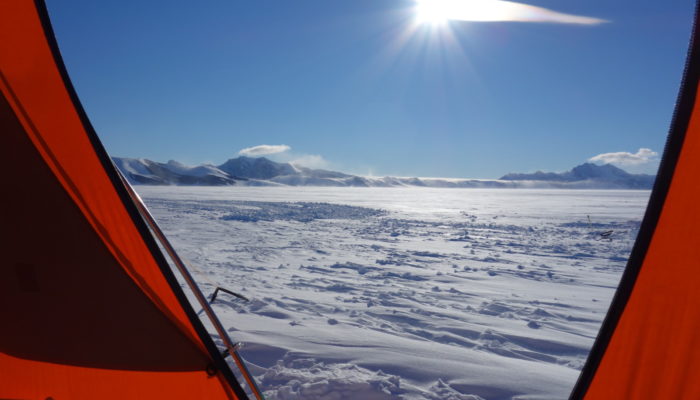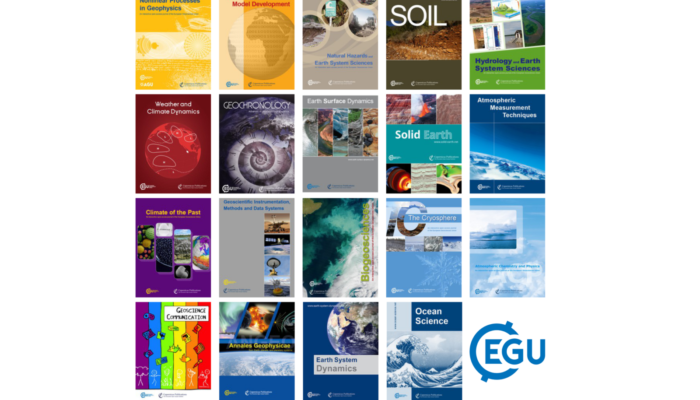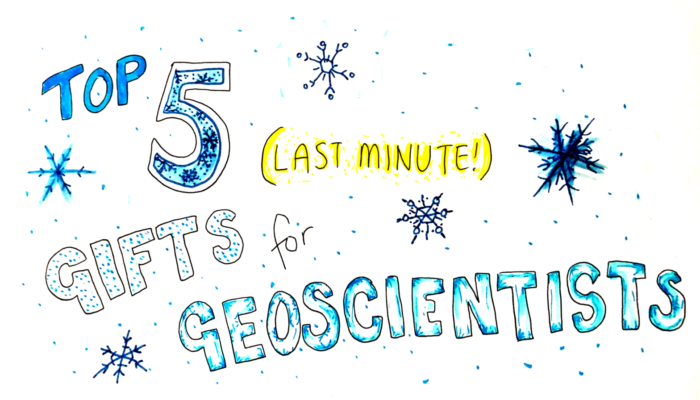Each month we feature specific Divisions of EGU and during the monthly GeoRoundup we will be putting the journals that publish science from those Divisions at the top of the Highlights roundup. For December, the Divisions we are featuring are: Cryospheric Sciences (CR), Climate: Past, Present & Future (CL) and Nonlinear Processes in Geoscience (NP). They are served by the journals: Geoscientif ...[Read More]
Top 5 (Last Minute) Gifts for Geoscientists…!
So it’s the winter holidays, and you may be looking for some last-minute gifts for the geoscientists in your life. But because it’s 2020, if you haven’t got anything already, you may be getting worried: shipping times are taking longer and longer, and you might not even be able to visit the nearest shopping centre due to a lockdown. If this is you, don’t panic: we’ve got you covered with th ...[Read More]
GeoTalk: Meet the Nonlinear Processes Division, with Division President Stéphane Vannitsem and ECS Rep Tommaso Alberti
Hello Stéphane and Tommaso, thank you for speaking with us today – could you briefly introduce yourselves? Stéphane Vannitsem Okay, so my name is Stéphane Vannitsem, and I am a researcher at the Royal Meteorological Institute of Belgium, in Brussels, and I’ve recently become head of the Meteorological and Climatological Information Service. I’m also a lecturer at the Free Univers ...[Read More]
Why is research in Antarctica so important?

On the 1st December 1959 the Antarctic Treaty was signed by 12 nations, setting aside nearly 10% of the Earth “forever to be used exclusively for peaceful purposes… in the interests of all mankind.” In the years that followed more and more countries signed the agreement, until today when the agreement has been signed by 54 countries around the globe. In 2010, the Foundation for ...[Read More]



